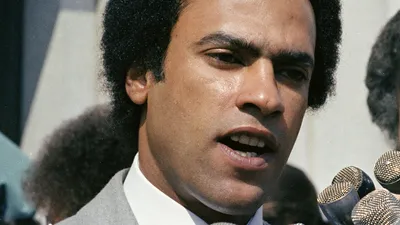Here’s a detailed overview of Huey P. Newton, one of the most influential figures in Black liberation history:
Huey Percy Newton (1942 – 1989)
Early Life
- Born: February 17, 1942, in Monroe, Louisiana, U.S.
- The youngest of seven children in a poor family.
- Moved with his family to Oakland, California, during the Great Migration.
- Named after former governor Huey Long of Louisiana.
- Struggled in school early on but later taught himself to read, inspired by works of Plato, Malcolm X, Frantz Fanon, and Karl Marx.
Founding the Black Panther Party
- In 1966, along with Bobby Seale, Newton co-founded the Black Panther Party for Self-Defense in Oakland.
- The organization was formed to combat police brutality, racial oppression, and economic injustice.
- The Panthers became known for:
- Armed patrols monitoring police activity in Black neighborhoods.
- Community survival programs (free breakfast for children, health clinics, educational programs).
- Radical ideology blending Black nationalism, Marxism, and socialism.
Legal Struggles
- In 1967, Newton was involved in a shootout with Oakland police that left officer John Frey dead.
- He was convicted of voluntary manslaughter in 1968 but the case was overturned on appeal.
- The “Free Huey!” movement became a rallying cry across the U.S., elevating him into an international symbol of resistance.
Later Years
- Earned a Ph.D. in Social Philosophy from the University of California, Santa Cruz, in 1980.
- His dissertation: War Against the Panthers: A Study of Repression in America.
- The Panthers declined in the late 1970s due to FBI COINTELPRO operations, internal conflicts, and external pressure.
- Newton struggled with substance abuse later in life.
Death
- On August 22, 1989, Huey P. Newton was shot and killed in Oakland, California, by a member of the rival Black Guerrilla Family gang. He was 47 years old.
Legacy
- Remembered as a visionary revolutionary, though also a controversial figure due to his legal troubles and personal struggles.
- His ideas on police accountability, community empowerment, and systemic racism remain influential.
- The Black Panther Party’s programs laid the groundwork for many social justice initiatives still seen today.



